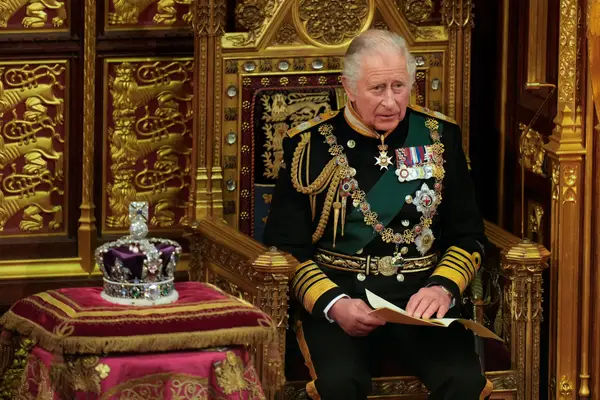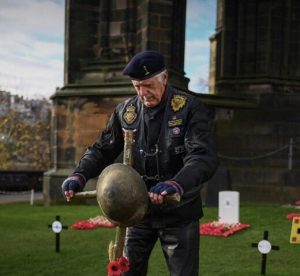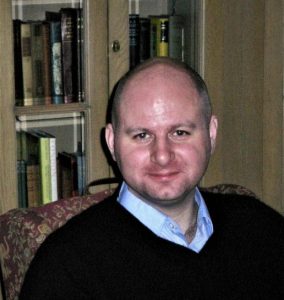Charles III
will be formally proclaimed the King of the United Kingdom on Saturday morning.
The proclamation will be made following a meeting of the Accession Council. The
Accession Council is a body that contains new and previous politicians. Of the
700-member committee, 200 members will be present at the convention of the
Council on Saturday.
What is
the Accession Council?
The
Accession Council convenes within 24 hours of the death of a Sovereign and is customarily
held at St James’ Palace to make a formal declaration of the Monarch and the
accession of the successor to the throne. The body is presided over by the Lord
President of the Council.
The
Accession Council is formed of certain Privy Counsellors, Great Officers of State,
the Lord Mayor and High Sheriffs of the City of London, Realm High
Commissioners, some senior civil servants. They first gather together without
the new monarch and formally announce the death of the previous monarch.
On
Saturday, Conservative MP Penny Mordaunt, appointed Lord President of the Privy
Council by Prime Minister Liz Truss, will announce the death of the Queen.
Also Read | Camilla’s designation, Queen Consort: What does it mean, and how did she get it?
Subsequently,
the Clerk of the Council will read out loud the text of the Accession
Proclamation. The platform party (comprising members of the Royal Family
present who are Privy Counsellors), the Lord Privy Seal, the Lord Great
Chamberlain and the Earl Marshal, together with the Lord President, and then
sign the proclamation.
The second
part of the Accession Council convention then turns into the first Privy
Council of the new monarch. Among the first acts of the new sovereign is the
Oath relating to the security of the Church of Scotland, which relates to the
25th Article of the Act of Union 1707.
The Oath
relation to the security of the Church of Scotland reads: “I, [title] by the
Grace of God of the United Kingdom of Great Britain and Northern Ireland and My
other Realms and Territories King, Defender of the Faith, do faithfully promise
and swear that I shall inviolably maintain and preserve the Settlement of the
true Protestant Religion as established by the Laws made in Scotland in
prosecution of the Claim of Right and particularly by an Act intituled “An Act
for securing the Protestant Religion and Presbyterian Church Government” and by
the Acts passed in the Parliament of both Kingdoms for the Union of the two
Kingdoms, together with the Government, Worship, Discipline, Rights and Privileges
of the Church of Scotland. So help me God.”







